Debunking Common Nutritional Myths for Athletes
As athletes, your performance is not just determined by your training regimen but also by what you fuel your body with. However, amidst the plethora of nutritional advice available, it's easy to get lost in myths and misconceptions. In this article, we'll debunk some common myths surrounding athlete nutrition, providing evidence-based guidance to help you optimize your performance.
Myth 1: Carbohydrates Are Bad for Athletes One prevalent myth is that carbohydrates are detrimental to athletes, causing weight gain and sluggishness. However, carbohydrates are the primary source of fuel for high-intensity activities. They provide readily available energy and spare protein for muscle repair and growth.
Debunked: Carbohydrates are essential for athletes, especially before and after workouts. Opt for complex carbohydrates like whole grains, fruits, and vegetables, which provide sustained energy without the sugar crash associated with simple carbs.
Myth 2: High-Protein Diets Build More Muscle Many athletes believe that consuming excessive amounts of protein will automatically lead to muscle gain. While protein is crucial for muscle repair and growth, consuming excessive amounts won't necessarily translate to bigger muscles.
Debunked: Athletes require a moderate amount of protein to support muscle repair and growth. Aim for about 1.2 to 2.0 grams of protein per kilogram of body weight per day, depending on the intensity and duration of your training. Spread protein intake throughout the day for optimal utilisation.
Myth 3: Fats Should Be Avoided There's a common misconception that all fats are unhealthy and should be minimised in an athlete's diet. This myth can lead to inadequate intake of essential fatty acids, which are vital for hormone regulation and overall health.
Debunked: Not all fats are created equal. While saturated and trans fats should be limited, healthy fats like omega-3 fatty acids found in fish, nuts, and seeds are beneficial for athletes. These fats support joint health, reduce inflammation, and aid in recovery.
Myth 4: Sports Drinks Are Always Necessary Sports drinks are often marketed as essential for hydration and performance, leading many athletes to believe they need them for every workout. However, these beverages are often loaded with sugar and may not be necessary for every training session.
Debunked: For most workouts lasting less than an hour, water is sufficient for hydration. Save sports drinks for intense or prolonged activities lasting longer than 60 minutes, where they can help replenish electrolytes and provide additional energy.
Myth 5: Supplements Are a Shortcut to Success In pursuit of peak performance, many athletes turn to supplements as a shortcut. While some supplements can be beneficial when used correctly, they are not a substitute for a balanced diet and proper training.
Debunked: Focus on meeting your nutritional needs through whole foods first. Supplements should complement, not replace, a well-rounded diet. Consult with a registered dietitian or sports nutritionist to determine if supplementation is necessary based on your individual needs and goals.
In conclusion, nutrition plays a crucial role in optimising athletic performance, but navigating the sea of myths and misinformation can be challenging. By debunking common nutritional myths and focusing on evidence-based guidelines, athletes can fuel their bodies effectively and achieve their full potential. Remember, what works for one athlete may not work for another, so listen to your body and seek personalised guidance when needed.


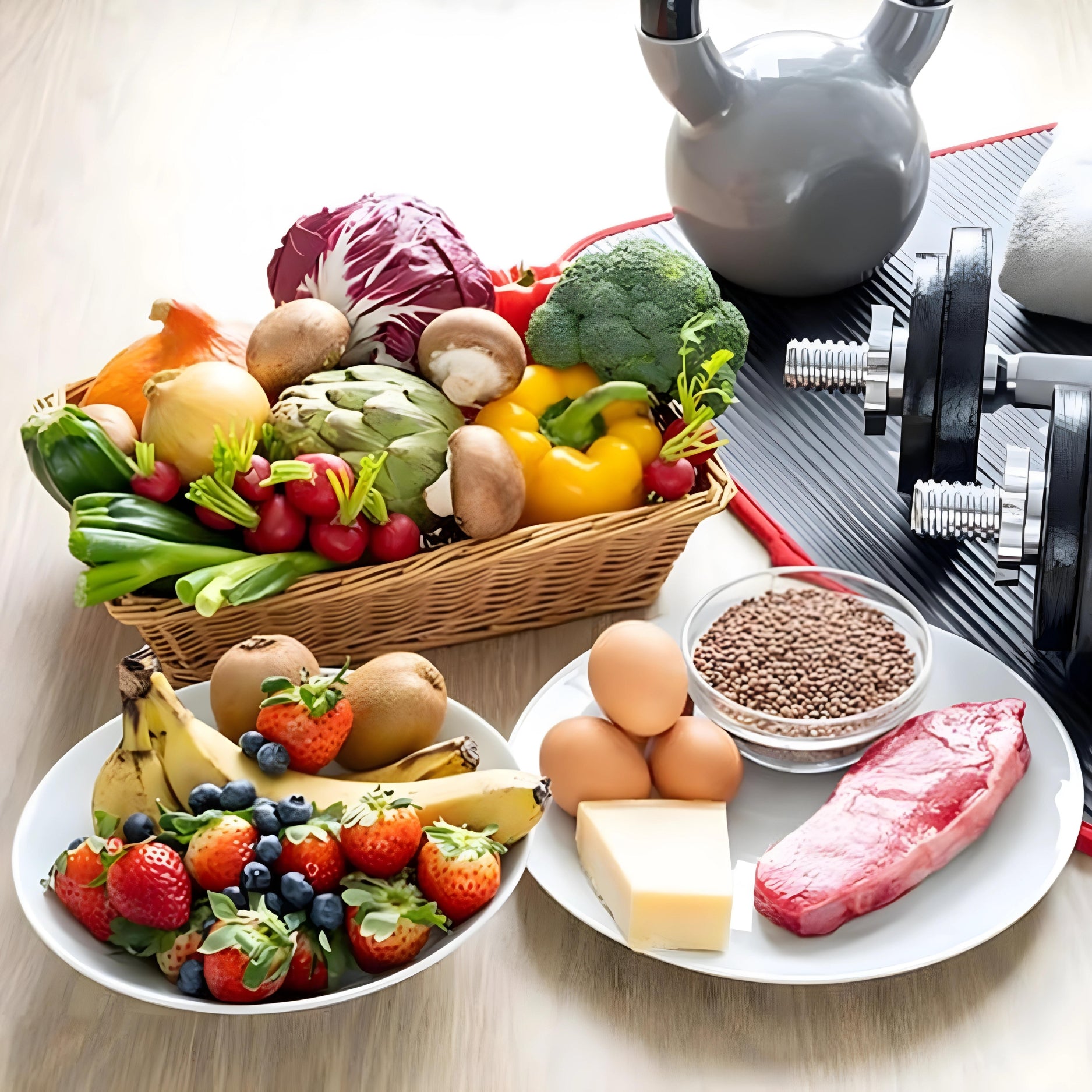


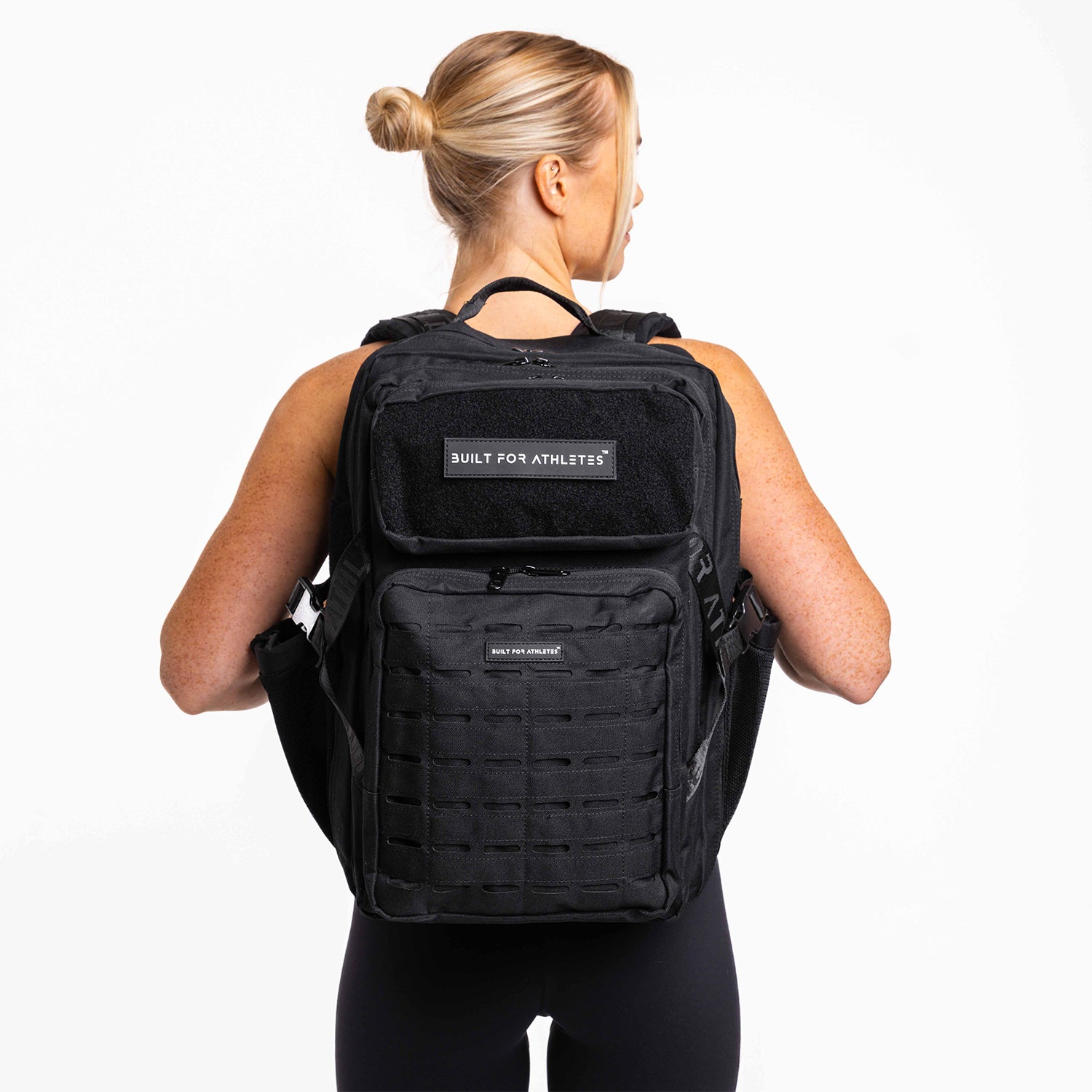








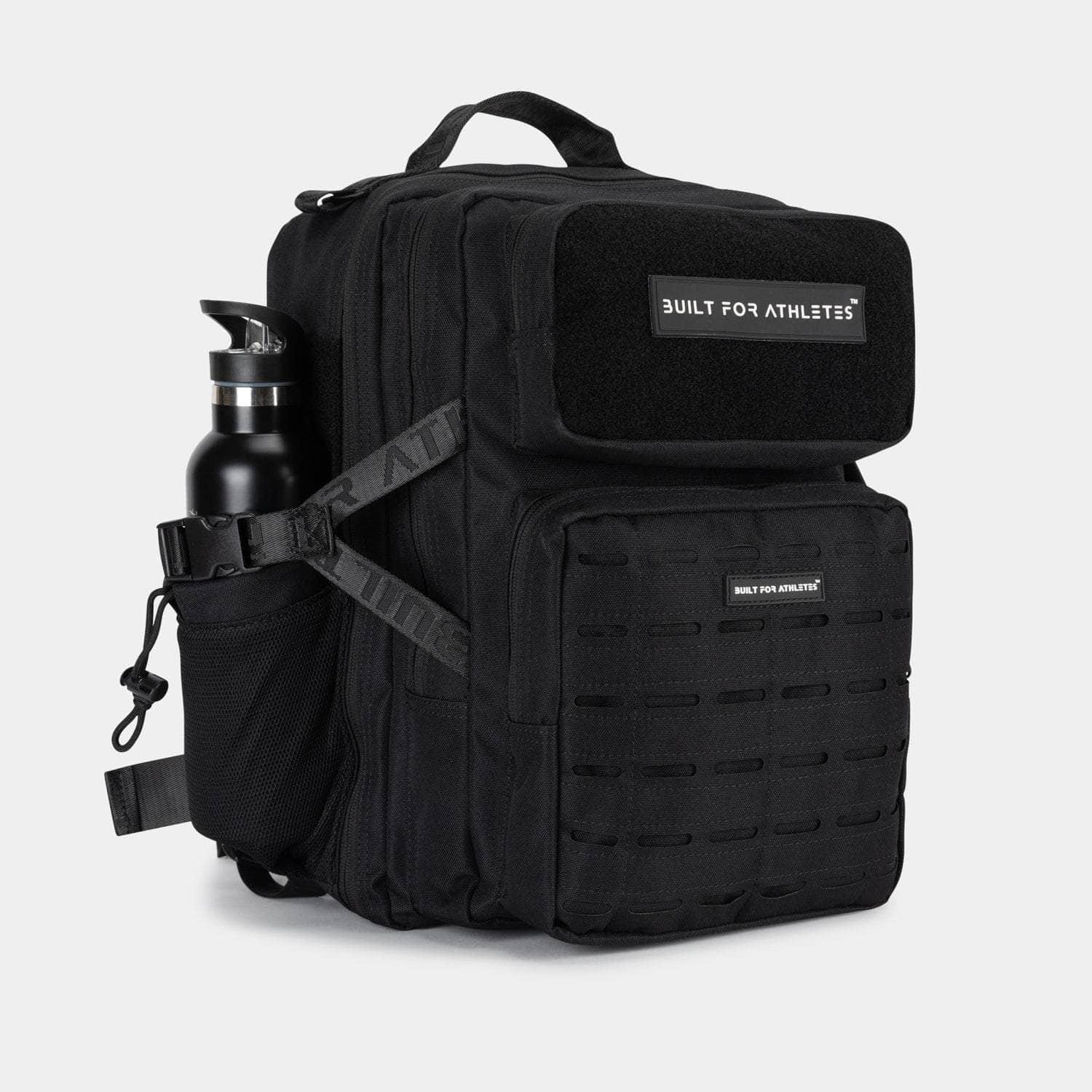






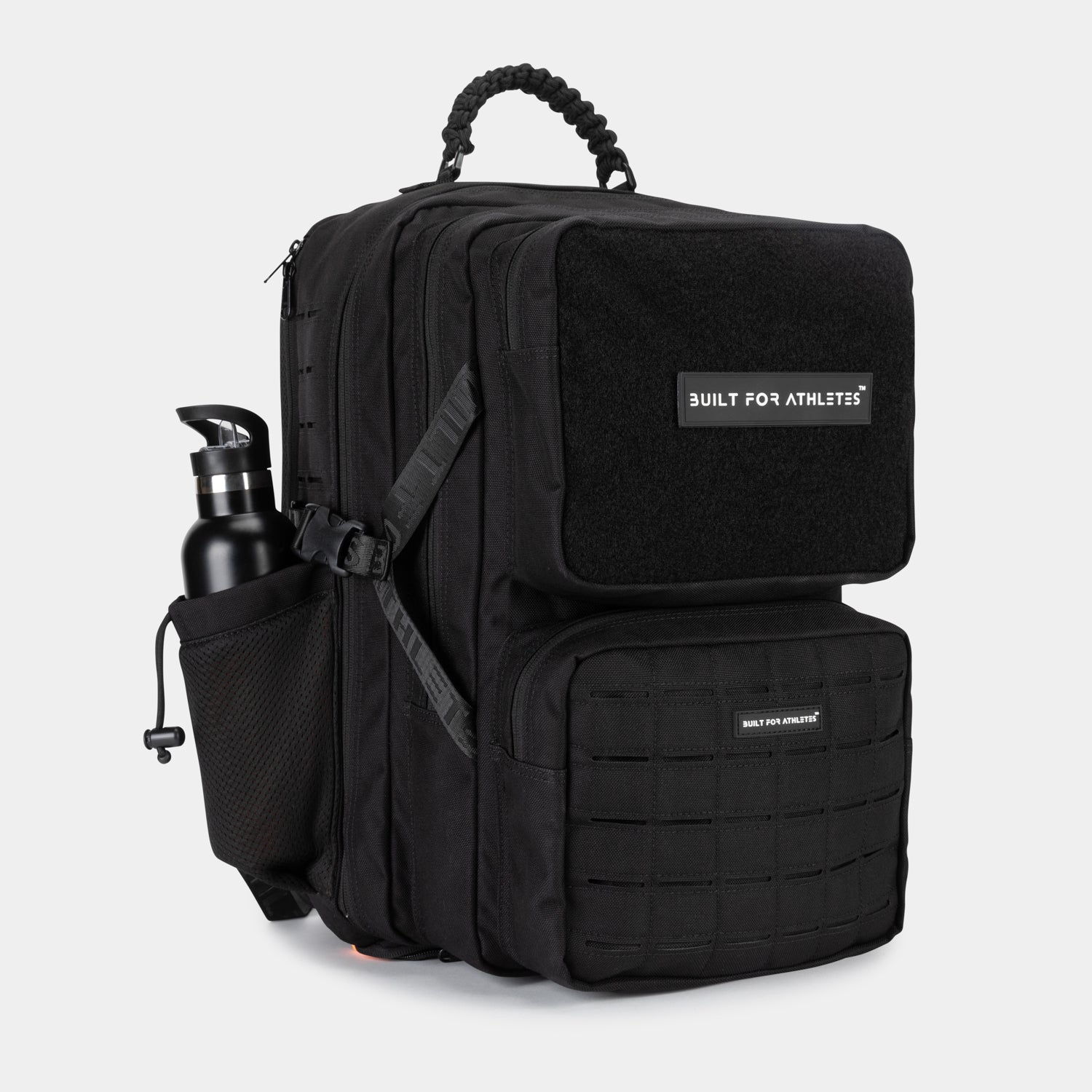







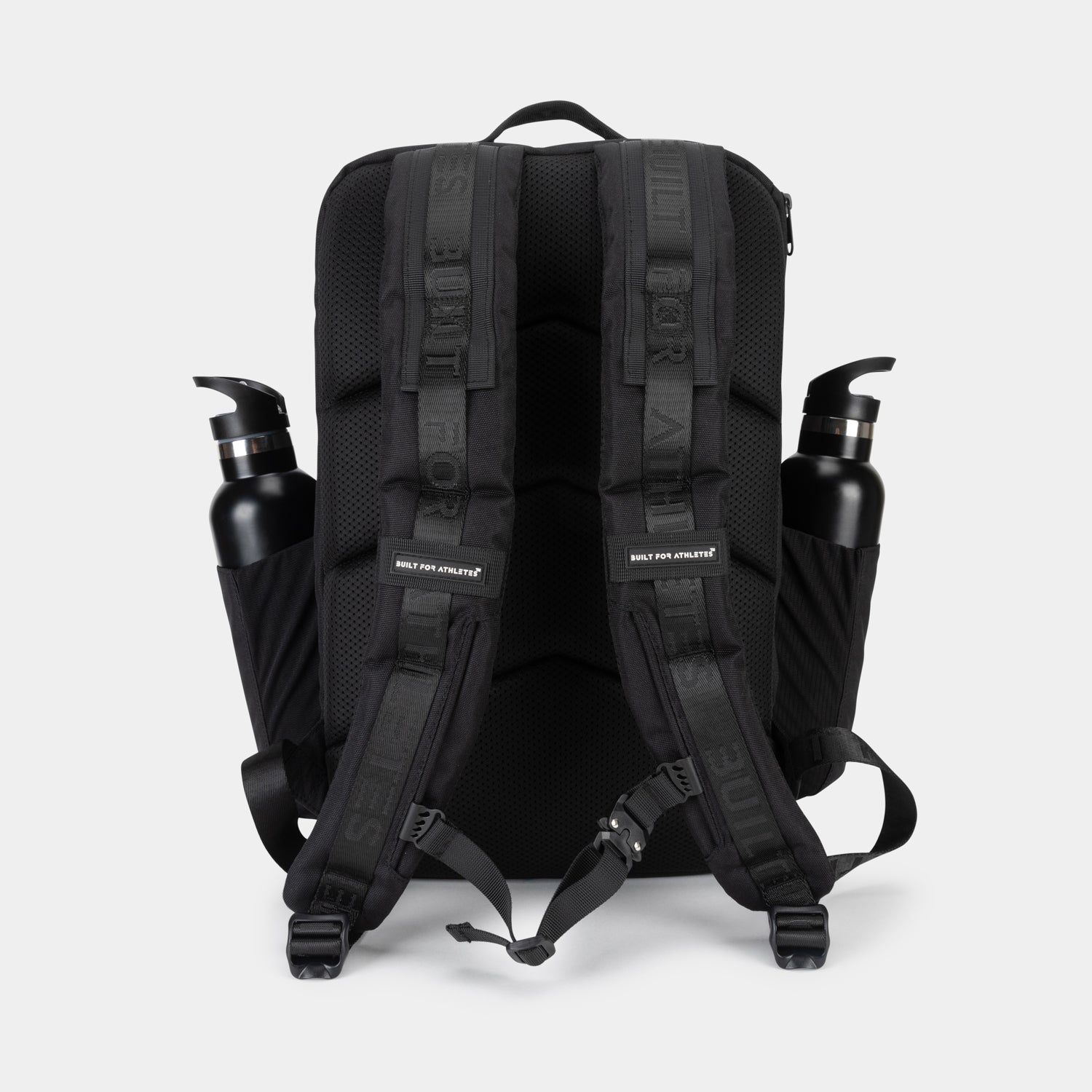









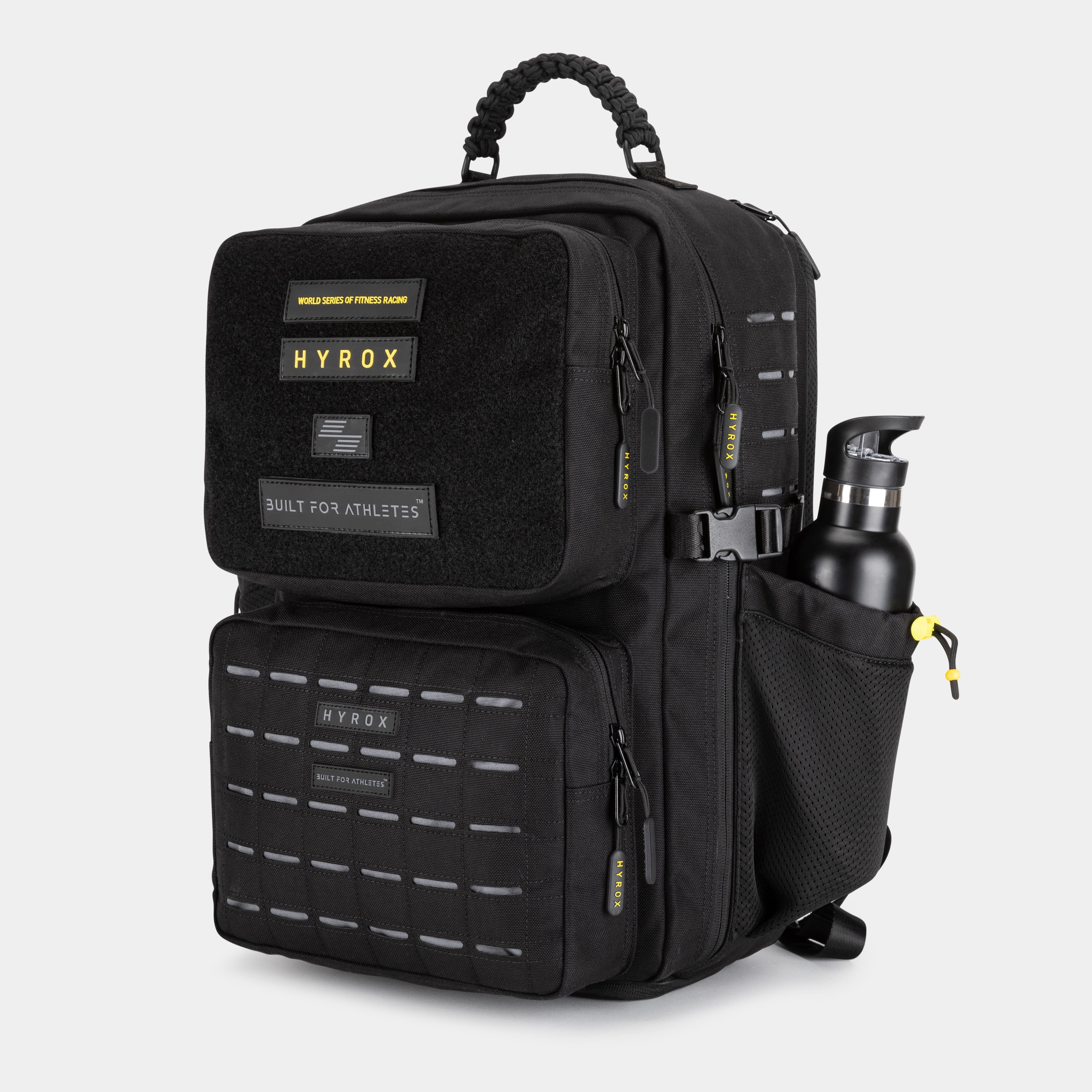




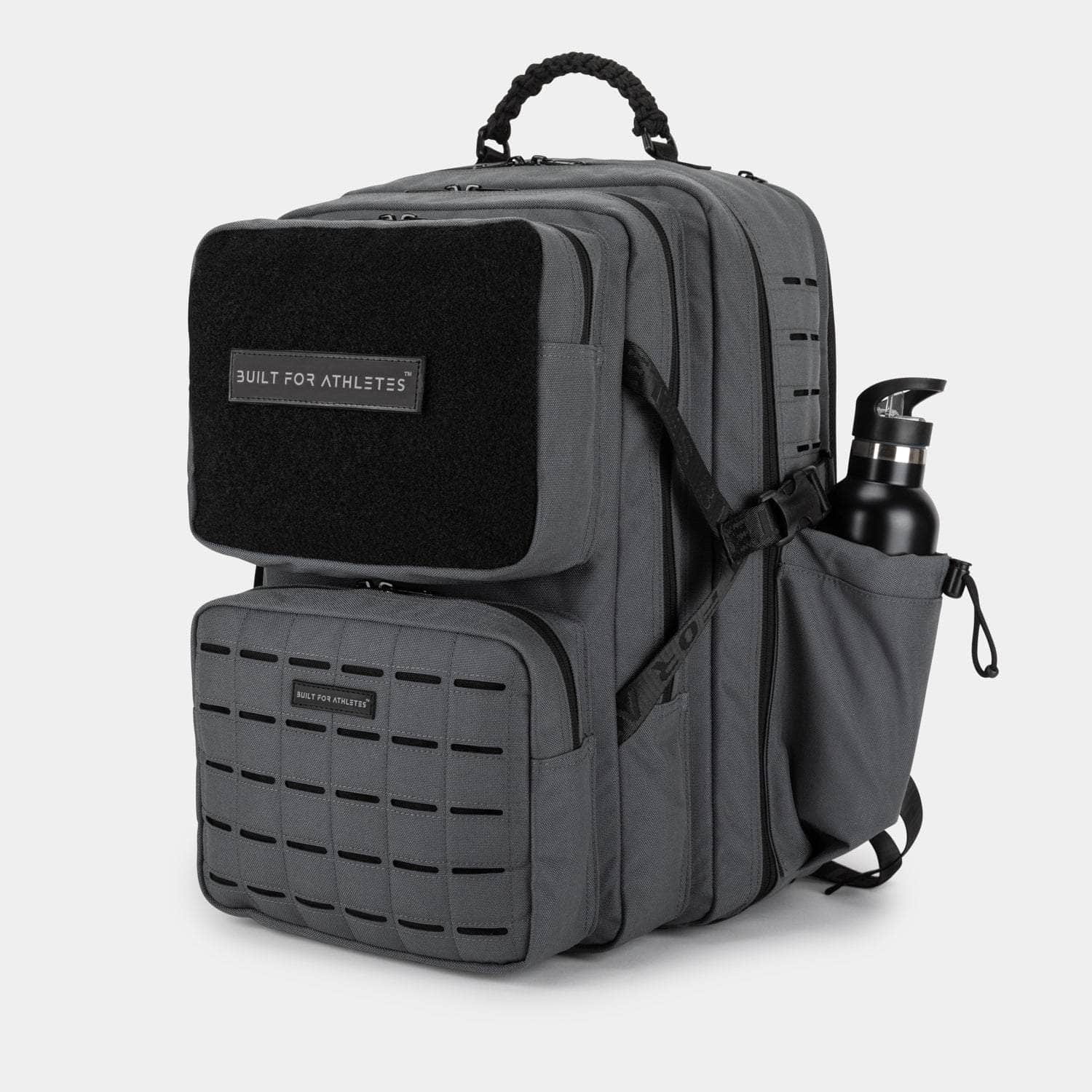








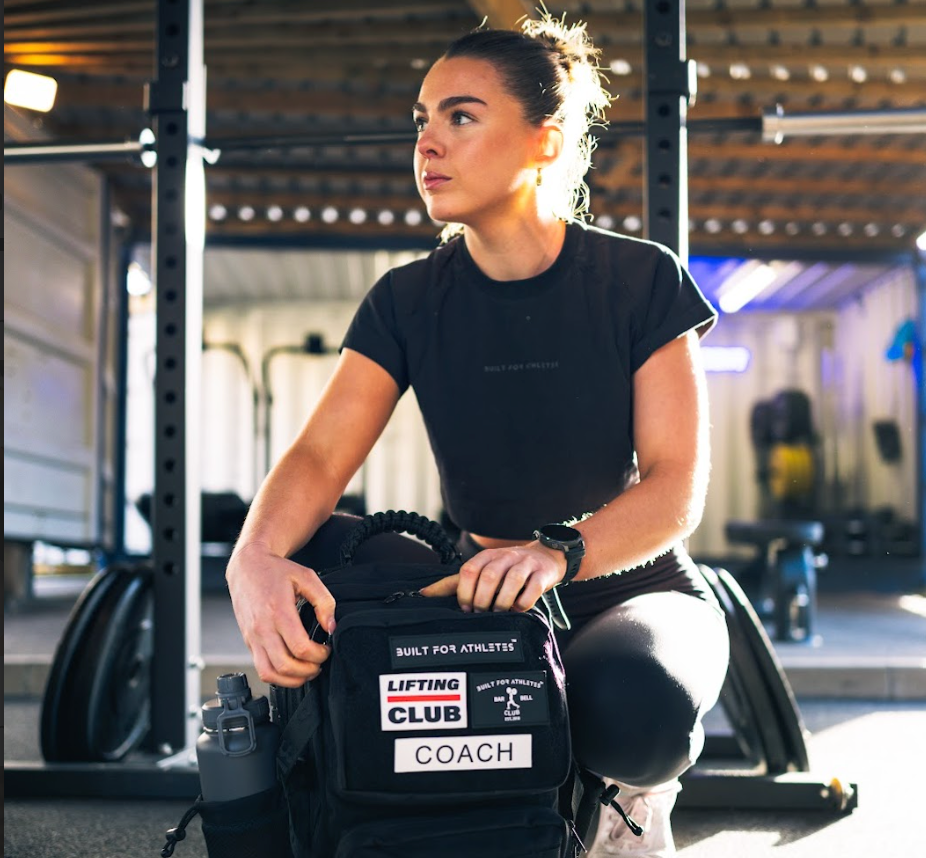


Share:
#WOTW: JK Series
#WOTW: Jonny Pain Series